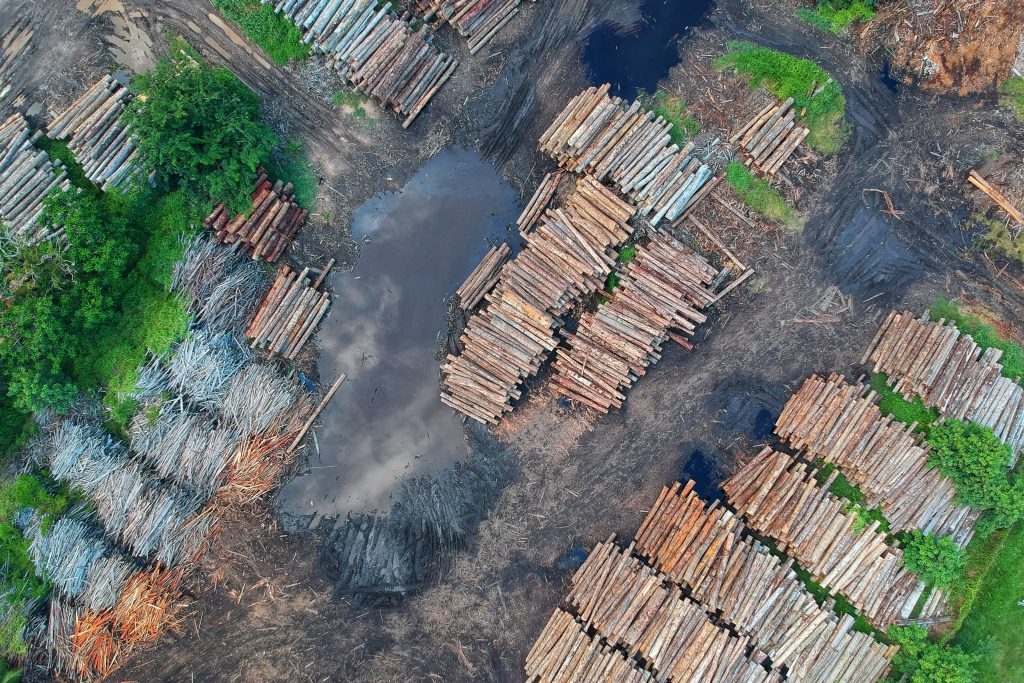National Governments support a Declaration on Forests and Land Use and launch a Global Forest Finance Pledge at the COP26
New ammunition in the fight against deforestation or just more of the same?
Under the umbrella of the UN Framework Convention on Climate Change (UNFCC) and the ongoing 26th United Nations Climate Change Conference (COP26) in Glasgow, 124 countries have just signed a Declaration on Forests and Land Use, (from now on referred to as the Glasgow Declaration) as of 2 November 2021. The declaration sets out to end and reverse deforestation by 2030 and facilitate a sustainable land-use transition. Substantial progress has also been made with regards to the mobilisation of finances for forests. For instance, as part of issuing a Global Forest Finance Pledge, the EU, Canada, United Kingdom, Norway, South Korea, and the United States of America have announced that they will provide 12 billion USD of public climate finance between 2021-2025. This financial pledge will aim to support action on restoring degraded land, tackling wildfires, and advancing the rights of indigenous peoples and local communities. It can also be noted that the national governments of 28 countries have committed to removing deforestation from the global trade of food and other agricultural products such as palm oil, soya and cocoa. These are industries that, in part, drive global deforestation (e.g., forest loss generated by the demand for agricultural land). Major financial companies have likewise made additional commitments to end investments in activities linked to deforestation in connection with the Glasgow Declaration.

While these political and private sector commitments are encouraging, it should be acknowledged that earlier efforts in the same direction have not been very successful. For example, a recent assessment of the New York Declaration on Forests (after this referred to as the New York Declaration),1 which set out similarly ambitious targets to end deforestation by 2030, has argued that it has failed to deliver on critical pledges (UNDP, 2019). In fact, deforestation has increased, and restoration has been progressing more slowly than expected since the New York Declaration was signed. The assessment also argues that forest finance is only a small part of what is needed to restore and save our forests.
What may become a deciding factor, in this case, is the scale at which national governments have taken up the Glasgow Declaration. For instance, the New York Declaration was backed up by 40 countries; in contrast, 124 countries already support the Glasgow Declaration. These countries presently represent around 85 per cent of the world’s forests, which is now also coupled with significant financing pledges, compared to in 2014. These developments may help to strengthen the already existing commitment to stop deforestation by 2030. More specifically, if the mitigation benefits of forests are to be genuinely realised, then supportive policies, such as the Glasgow declaration, are needed, including in the rules and guidelines for implementing the Paris Agreement. Let us hope that the increasing support to halt deforestation provides the incentive needed for countries to take real action.
1 Following the Climate Summit held in New York in 2014, the voluntary and non-legally binding New York Declaration on Forests was released as a pledge to halve the rate of deforestation by 2020, to end it by 2030.
Reference
UNDP (2019) New York Declaration on Forests Endorser Perspectives Report: Progress, Challenges and Enabling Conditions for Action. United Nations Development Programme, New York.